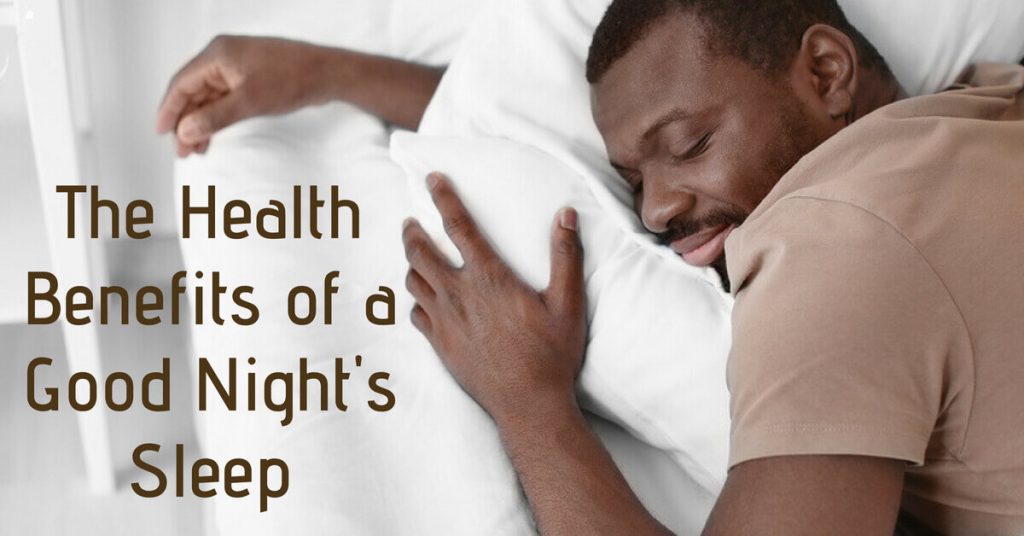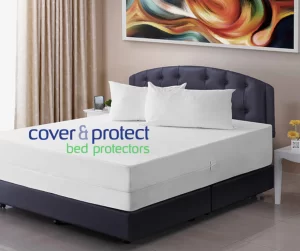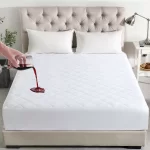
The Importance of Sleep for Your Health
Have you ever stopped to admire the remarkable resilience of the human body? It’s incredible how it perseveres through our packed schedules, endless to-do lists, and life’s constant challenges. Yet, amid all this, there’s one powerful tool we often overlook: sleep. When was the last time you truly prioritised your rest, indulging in a peaceful night’s sleep, knowing that each extra Z was replenishing your body?
It’s a question worth pondering because neglecting sleep doesn’t just lead to fatigue. In today’s fast-paced world, where productivity reigns supreme, sleep often takes a back seat. However, the toll it takes on physical health is staggering. Poor sleep has been linked to a wide array of health problems, including:
- High Blood Pressure and Cardiovascular Disease
- Diabetes
- Weight Gain and Obesity
- A Weakened Immune System
- Diminished Skin Health
- Increased Risk of Accidents
When we consistently deprive ourselves of sleep’s restorative powers, we open the door to serious health issues. Let’s explore why prioritising your sleep is one of the best things you can do for your body.
Click to read article on blood pressure and your heart
Sleep and Cardiovascular Health
Inadequate sleep, especially over a prolonged period, has been shown to raise blood pressure— a significant risk factor for cardiovascular disease. During sleep, the body repairs blood vessels and regulates blood pressure, processes essential for heart health. Chronic sleep deprivation disrupts these functions, leading to imbalances in the cardiovascular system and contributing to conditions like heart attacks and strokes.
Sleep and Diabetes
Did you know that poor sleep quality can negatively impact your body’s ability to regulate glucose and insulin? When you don’t get enough rest, your body struggles to manage blood sugar levels, which increases the risk of insulin resistance and type 2 diabetes. Moreover, a lack of sleep can interfere with hormones that control appetite, making sugary and high-calorie foods more tempting— contributing to weight gain, a major risk factor for diabetes.
Weight Gain and Obesity
Sleep deprivation is strongly linked to weight gain and obesity. It throws off the hormonal balance that regulates hunger, often leading to cravings for high-calorie foods. Additionally, it hampers your body’s ability to metabolise carbohydrates, resulting in elevated blood sugar and increased fat storage. A lack of sleep can also cloud judgment, making it harder to stick to a healthy diet—creating a perfect storm for weight gain.
Sleep and Immune Function
Your immune system relies on sleep to stay strong. During sleep, your body releases cytokines, proteins essential for fighting infections and inflammation. Without enough rest, this immune response weakens, making you more vulnerable to illness. Chronic sleep deprivation can also reduce the function of white blood cells, which are critical in defending against harmful pathogens. This weakened immunity puts you at higher risk of common illnesses and can have serious implications for people with compromised health.
Sleep and Skin Health

During sleep, your skin undergoes a process of repair and regeneration. Collagen and elastin, which maintain your skin’s firmness and elasticity, are produced during rest, while increased blood flow delivers essential nutrients. Without enough sleep, your skin becomes vulnerable to damage, inflammation, and signs of aging, such as wrinkles and dullness. A consistent lack of sleep can even contribute to skin conditions like eczema and acne.
Sleep and Safety
Sleep deprivation significantly diminishes cognitive function, impairing your ability to focus, make decisions, and react quickly. These impairments increase the risk of accidents—whether behind the wheel, at work, or during daily activities. Studies show that people who get six hours of sleep or less are 33% more likely to be involved in road accidents than those who sleep seven to eight hours. Driving while drowsy has been compared to driving under the influence in terms of its dangers.
Cover and Protect: How Mattress Protectors Help

Investing in quality sleep products like Cover and Protect mattress protectors can be a key factor in improving your sleep environment. These protectors not only guard against allergens, dust mites, and bed bugs, but also offer moisture-wicking benefits that help with temperature regulation, promoting a more comfortable and restful sleep. By safeguarding your mattress, you’re protecting your health, as a cleaner sleep environment contributes to better sleep quality.
In a world that constantly pushes us to do more, sleep often seems like a luxury. But as we’ve explored, the consequences of neglecting it can be profound. Prioritising your rest—through better habits and sleep accessories like Cover and Protect mattress protectors—can help you safeguard your overall health.




